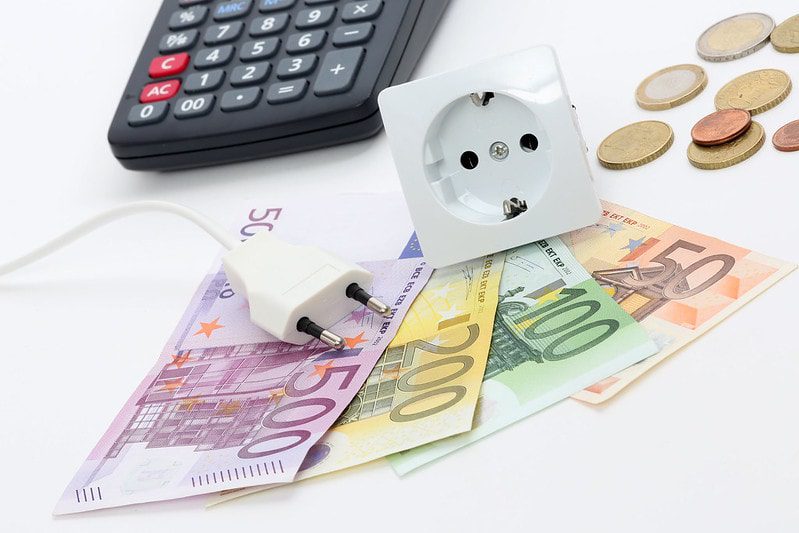
In an apparent effort to curb inflation in energy prices, Portuguese Prime Minister Antonio Costa wants the European Union to institute a price cap on natural gas. On March 22nd, the U.S. News reported:
Antonio Costa called on Tuesday for a maximum reference price for natural gas to be established in the European Union and for value-added tax on energy products to be urgently reduced to protect consumers from soaring prices.
The proposed price cap, which the Portuguese government had developed in cooperation with Spain, would put a ceiling on consumer-point electricity charges at €180 per megawatt hour.
During a meeting in Brussels on March 24-25th, representatives from the EU member states rejected the Spanish-Portuguese proposal. However, the member states did agree to let the two countries introduce price-cap measures on their own energy markets, independently of what other states do.
Price caps on electricity, which are meant to protect retail customers from soaring production costs, can cause supply shortages. In a report from 2001 on the electricity blackouts in California, the Heritage Foundation, a conservative think tank in Washington, D.C., pointed to retail price caps as a significant reason for the power shortages.
In an effort to reduce its dependency on Russian natural gas, the European Union and the United States government have formed a task force aimed at strengthening the energy supply for both the EU and Ukraine. According to CNBC,
The U.S. said Friday that it will work with international partners to provide at least 15 billion cubic meters more of liquified natural gas to Europe this year, seeking to end the bloc’s dependence on Russian energy exports following the Kremlin’s invasion of Ukraine.
The European Union currently imports approximately 40% of its natural gas from Russia.
